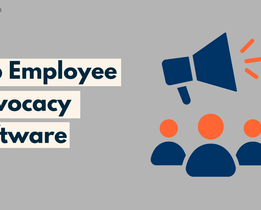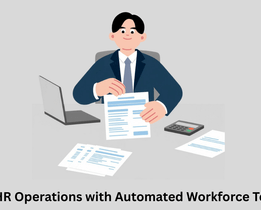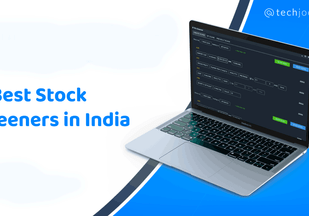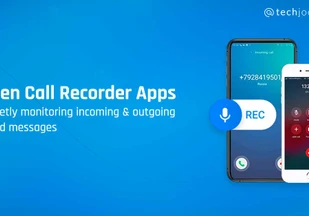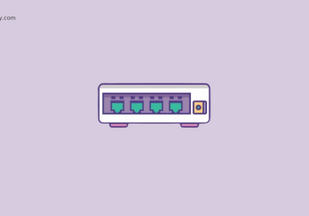Latest Posts
6 Best Employee Advocacy Platforms to Boost Engagement in 2026
 By Mehlika Bathla February 11, 2026
By Mehlika Bathla February 11, 2026
You cannot consider your employees just as staff members; they are powerful brand ambassadors of your organization. An employee advocacy platform, when used in organizations, can...
Why Merchants Need Smart Routing and How Touras Can Assist?











Digital payments are the main pillar of contemporary merchanting activities in every market and user group. That said, shoppers today look for transactions that are immediate,...
What Is Pretexting? A Hidden Social Engineering Tactic Explained











Pretexting is one such term in the field of cybersecurity that is quite abstract until you notice how common the situation is in reality. In its...
16 ChatGPT Caricature Prompts to Jump on the New Trend











The ChatGPT caricature trend is the newest creative craze lighting up social media feeds. AI is now turning people into bold, exaggerated caricature art that bursts...
What is Social Engineering: How Scams Really Work?











Almost everyone must have once gotten a message that looked like it came from a friend, your bank, or a company you trust. It could be...
How RGrowth HCM Supports Employee Engagement with Built-In Surveys and Polls?











Employee engagement has of late emerged as a primary measure for seeing if a brand is truly flourishing or sinking. Individuals might stay at their desks,...
How CollectivWork Simplifies HR Operations with Automated Workforce Tools?











HR operations may seem easily manageable on paper, but real experiences often tell a different story! Employee records usually live in too many locations. Attendance data...
How RecurHealth Software Improves End-to-End Clinical and Patient Care Management?











Healthcare often feels complicated, slow, and scattered across many disconnected systems. Patients carry reports, repeat histories, and search for reliable guidance. Doctors manage files, appointments, and...
How Does Mera Monitor Improve Workforce Productivity with Activity Monitoring?











The present-day workplace hardly bears any resemblance to the traditional setups of bygone eras. Diverse teams now connect via commercial buildings, home offices, and collaborative zones...
How Twozo CRM’s Cloud Telephony Boosts Customer Engagement?











Fruitful interaction in the modern market requires rapid speed, rich context, and genuine empathy. Shoppers today want companies to recognize their identity and show real care...







